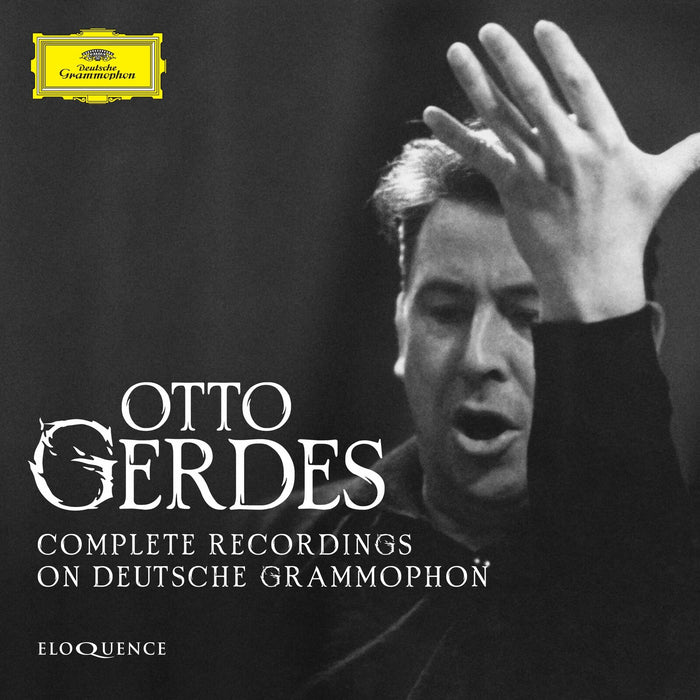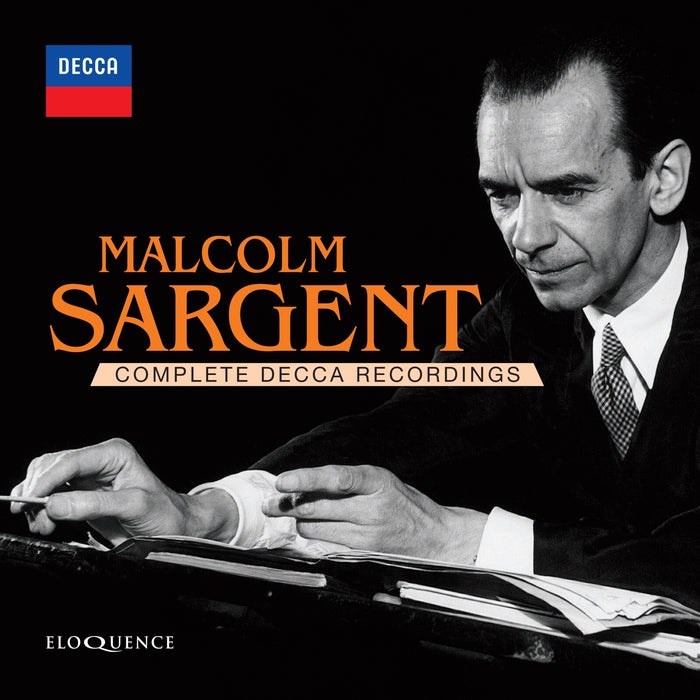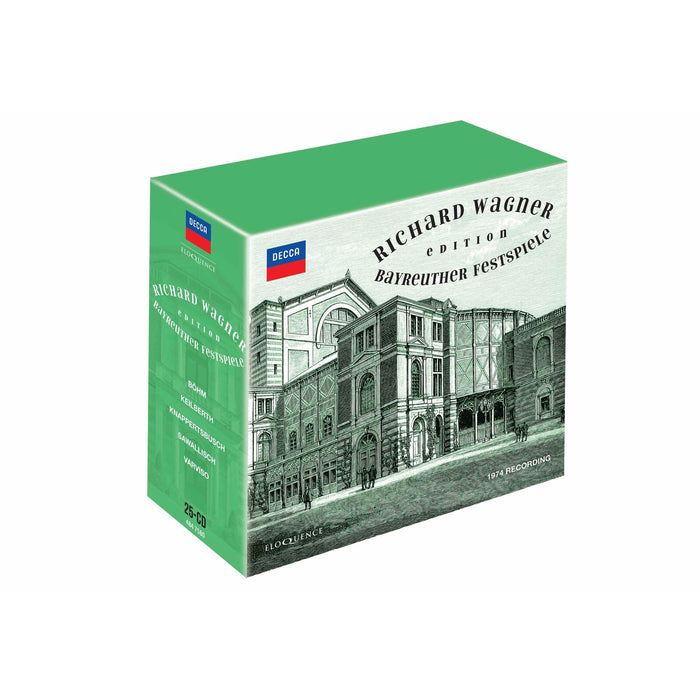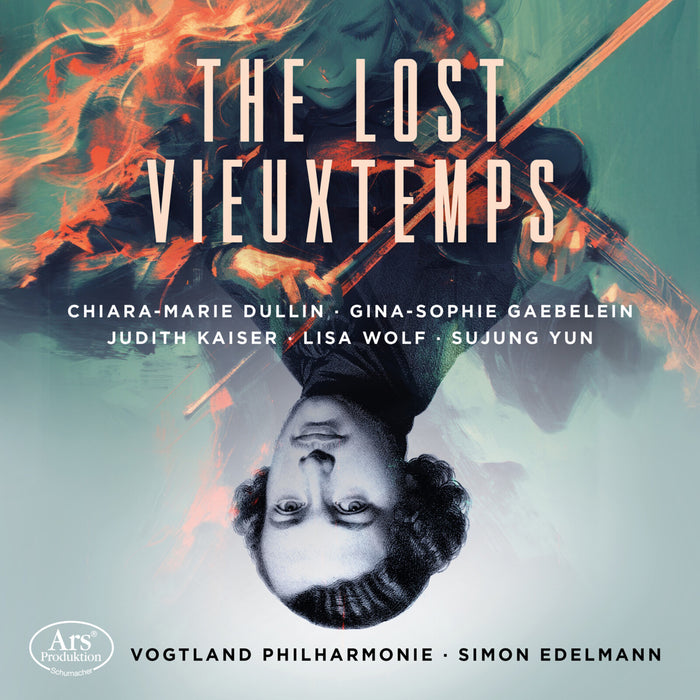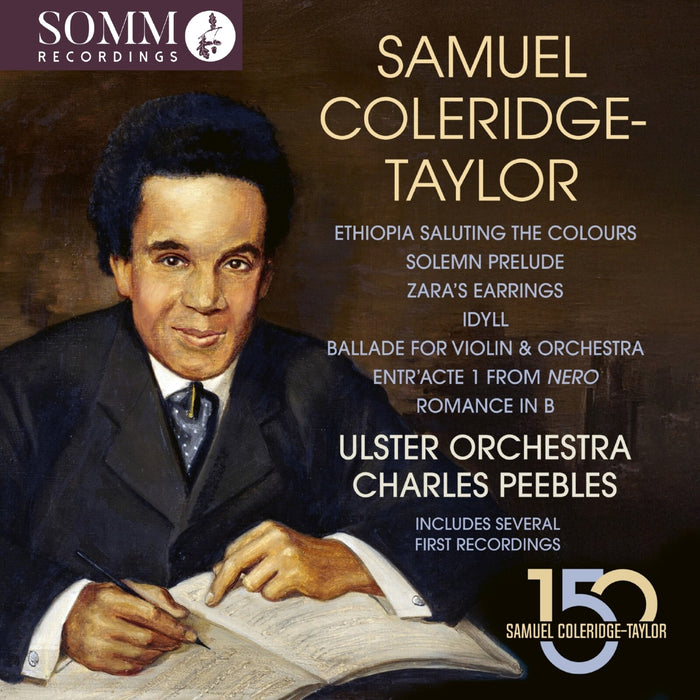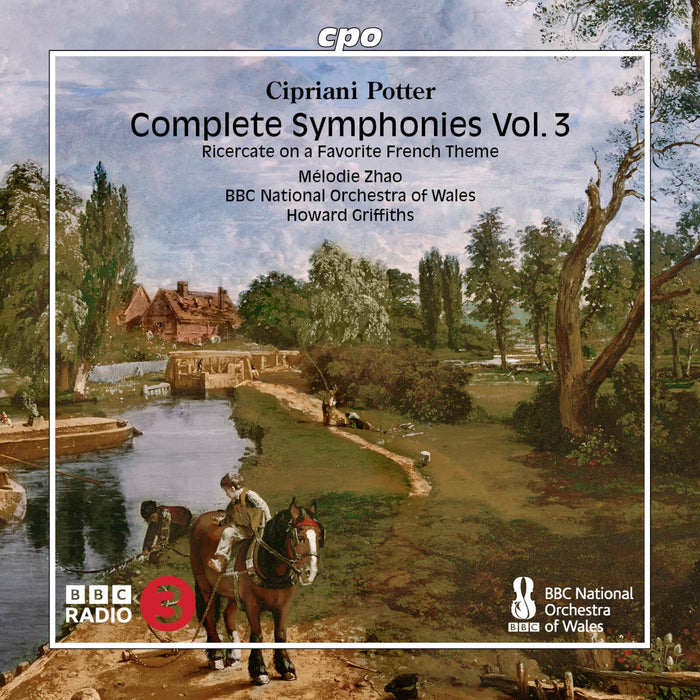Description
JEAN FOURNET'S COMPLETE STUDIO RECORDINGS WITH THE CONCERTGEBOUWORKEST - FIRST CD RELEASE ON DECCA
Jean Fournet was already one of the best-known French conductors when on 12 November 1950 he made his debut with the Dutch Radio Philharmonic Orchestra. Three days later he made his debut with the Concertgebouw Orchestra, where he stepped in for Eduard van Beinum, whose recorded legacy is extensively reissued on Eloquence.
Newly remastered and issued internationally for the first time, his complete Concertgebouw recordings reveal a conductor handling with experience and sympathy an orchestra whose members were, for most of the sessions, coming to terms with the sudden death of a much-loved music director.
As Niek Nelissen's booklet essay recounts in documentary detail, drawing on the Concertgebouw's own archives, Fournet conducted the orchestra's first concerts after its formal obsequies for Van Beinum, and then took over sessions in which the late chief had been due to record the suites from Grieg's incidental music to Peer Gynt. This was followed the following day by a remarkably fluent account of Borodin's atmospheric tone-poem In the Steppes of Central Asia, and a marvellously refined Prélude à l'après-midi d'un faune led, as it were, from the first flute solo by Hubert Barwahser, who distinguishes many Concertgebouw recordings of the time.
This all-too-compact legacy on disc is completed by España and L'Apprenti sorcier: highly coloured French orchestral classics dear to Fournet's heart, which he would return to many times during his long career, and not least with the Japanese orchestras with whom he enjoyed an Indian summer on record, but never surpassing the tonal refinement of these Concertgebouw recordings, though he continued to give concerts with them for a further 35 years.
'Fournet's [Prélude] is flowing and symmetrical in an atmosphereic and gently distant, but realistic, recording. The playing of the Concertgebouw here is silken and evocative, with subtle hints of lavender and grey.' High Fidelity, September 1962
'These nicely phrased musical performances are very well recorded in both mono and stereo… I would think the new Fournet as good as any.' Gramophone, April 1961 (Peer Gynt)


